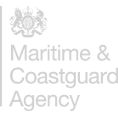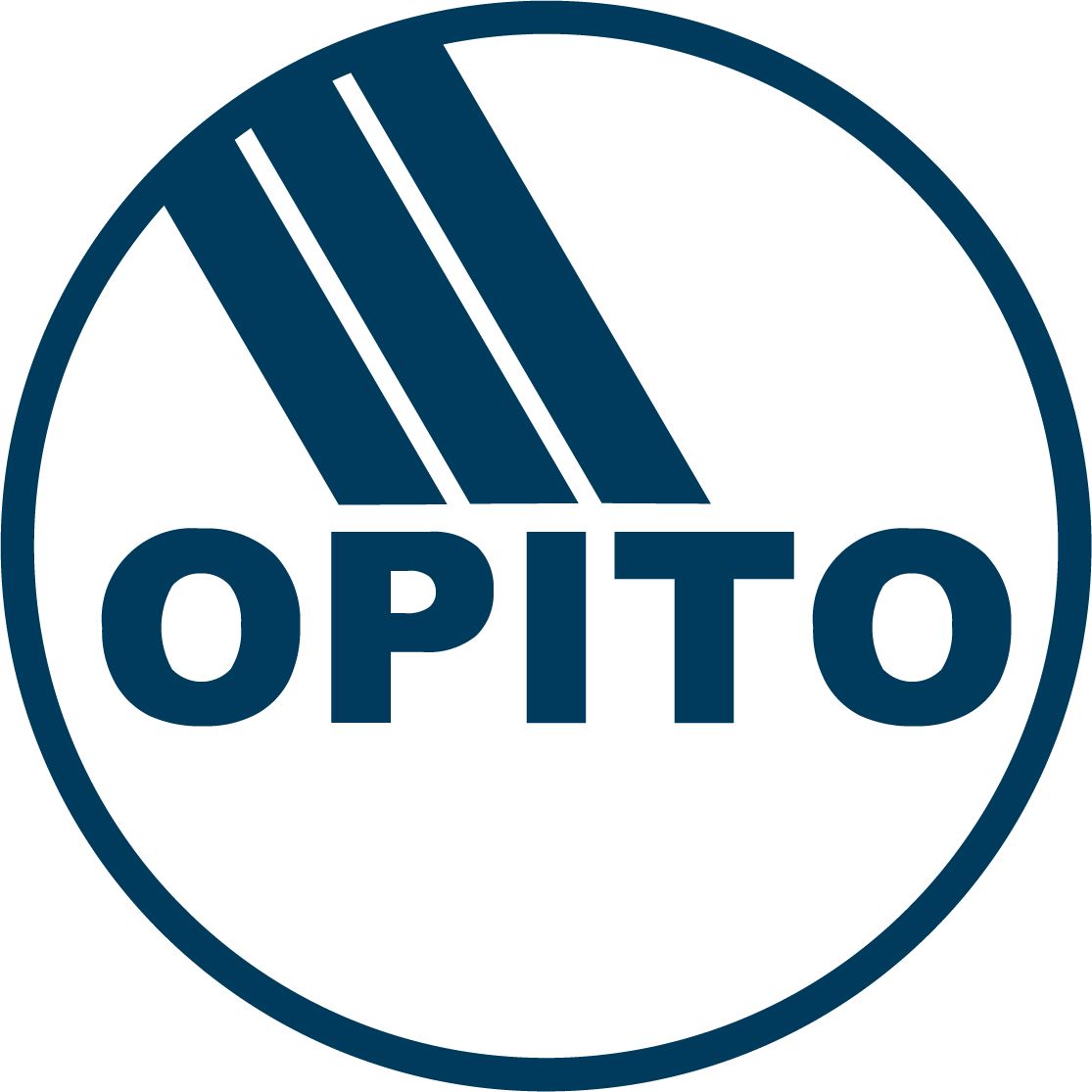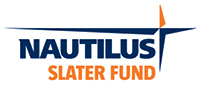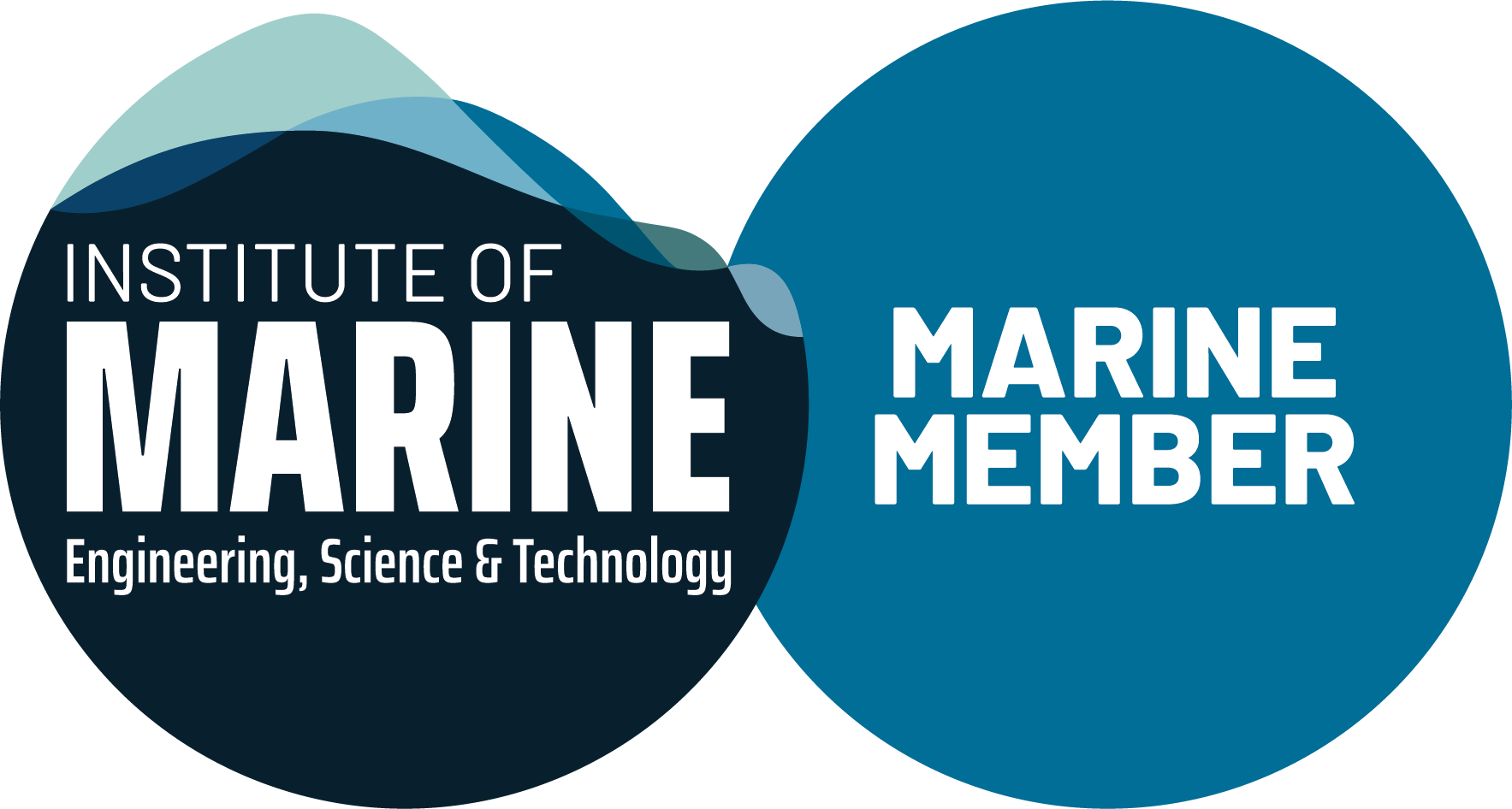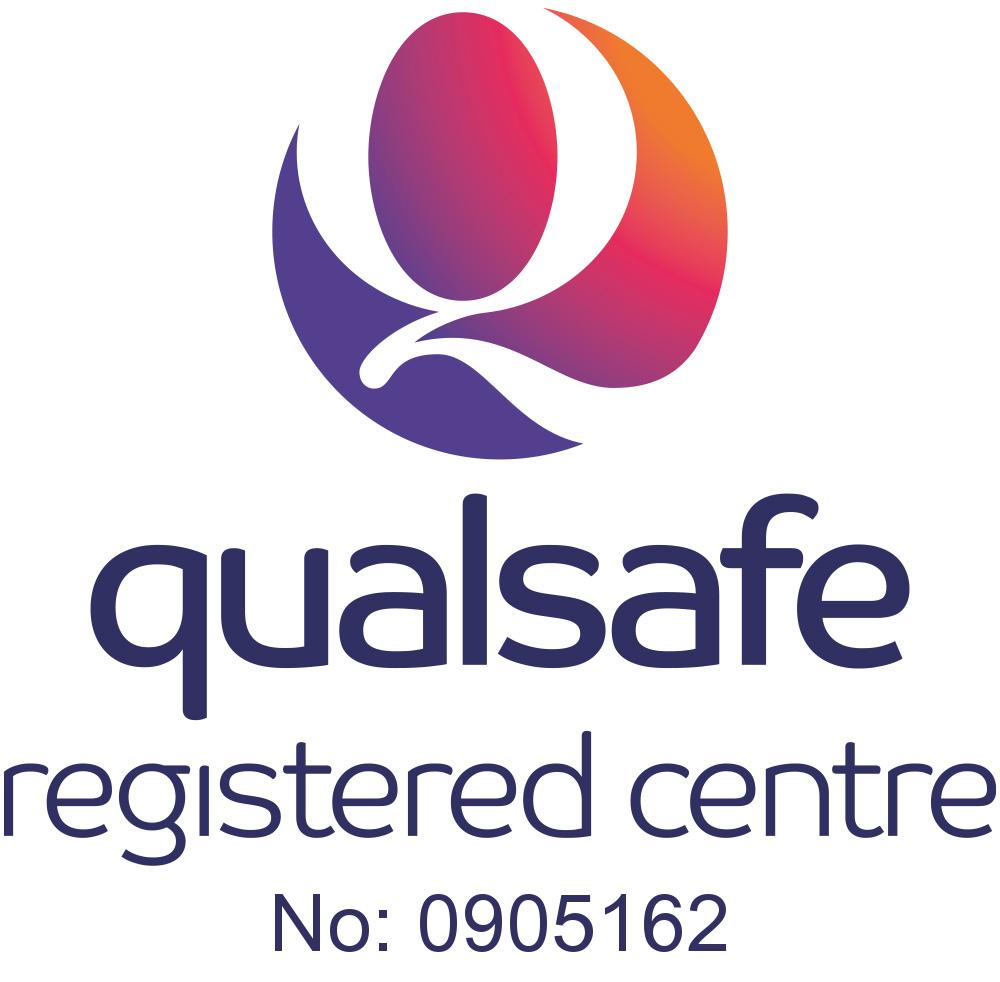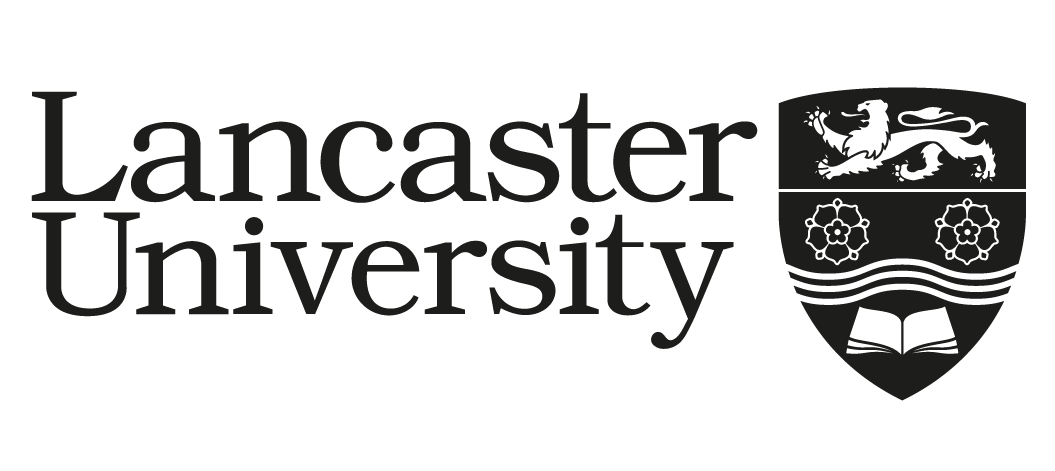Maritime Mechanical and Electrical Mechanic - Intermediate Apprenticeship
Course Code: MN00002
Maritime & Nautical
Next course dates
| Start Date | Location | Duration | |
|---|---|---|---|
| Anytime | Fleetwood Nautical Campus | / £0 | Enquire |
Expert Tutors
All staff involved in the delivery of any courses within the College are approved to teach and/or assess the subjects and modules they deliver. The approval process ensures that staff delivering and/or assessing a given programme are appropriately qualified, with relevant technical and industrial experience and professional practice.
Tuition Fees
Read our tuition fees guide.
Terms and Conditions
Read our full terms and conditions for more information.



